7 Differences Between Fast Fashion Synthetic Shoes, and Ethical Vegan Shoes
There's a misperception that the super cheap faux leather shoes available from fast fashion brands are the same as those made by ethical, vegan brands -- just that the latter is less affordable. Yet, the differences between these kinds of shoes are far greater than their singular similarity -- that they aren't made of leather. Let's look at what these differences really are...

Difference #1: Ethically made
It's excellent to be concerned with the rights of animals, and to ensure that fashion does not harm them. In fact, fashion can never be truly ethical if animals are harmed for it.
Humans are animals, too. Fast fashion brands are notorious for exploiting the people who make their garments and shoes -- from refusing to pay a living wage that supports their needs, to harassing and harming them in unsafe work environments.
This isn't good enough, and really shows the importance of choosing ethical, vegan brands. Such brands pay living wages, and ensure comfortable, inviting spaces to create beautiful fashion in.
Difference #2: Quality of vegan leather
A lot of fast fashion brands still use PVC, and other low quality synthetic materials which are known to make feet feel stuffy and sweaty. These materials also crack more easily, and are less durable than the more innovative and high quality vegan leathers that are available today.
Ethical, vegan fashion brands invest in good quality leather alternative materials, while fast fashion brands use what is cheapest, so they can make more money with the least hassle -- no matter the consequences.

Difference #3: Material transparency
The consequences of using cheap vegan leather are significant. Just like we need to ask 'who made our clothes?', and 'who made our shoes?', we need to ask 'who made that material?'
We know that in leather supply chains, there are reports of forced labour, and ethical issues tied up not only in the treatment of cattle, but of people working in tanneries, and even slaughterhouses.
Non-animal materials can come from suspect origins, too. If a brand doesn't, won't or can't tell you where their materials are from, it's worth asking why that is. Is their PVC being made with unjust labour practices? Are the workers who produce the material safe?
Brands working to be ethical should not only avoid unjust animal-derived materials, but synthetic and other materials that are made without the best interest of the people behind them in mind.
Difference #4: Sustainable materials
Good, ethical vegan fashion brands use all sorts of alternative leathers. One such material is polyurethane -- a kind of synthetic leather that can be OEKO-TEX 100 certified or recycled. There are more innovative materials too, like cactus, pineapple leaf, grape, apple and other plant-based leathers. Other material options include cork, recycled synthetic leather, and so on.
These materials have a lower environmental impact than both cow skin leather and toxic PVC. This is important!

Difference #5: Synthetic shoes don't mean vegan shoes
Though it may seem so, not all shoes made of synthetic upper material are vegan. Those faux leather shoes from a fast fashion brand may not be leather, but there may be other, more hidden aspects to them that are animal-derived.
Some shoes have an insole that is made up of a mix of synthetic and animal-derived material, while others are glued together with a substance made of slaughtered animals. Some materials may even be dyed with animal-based substances!
While it's great for a shoe to not be made of leather, that alone doesn't mean it's a completely vegan shoe.
Difference #6: Brand values
You know when brands make their logos rainbow-coloured during Pride Month, but have no genuine commitment to inclusivity and work towards a world free of homophobia and transphobia? That's a real shame.
A similar situation plays out when brands slap a vegan logo onto some of their products, but also sell a whole lot of shoes and clothes made from slaughtered animals. These brands don't have a genuine care about animals, their protection or rights.
When you choose to support an ethical, vegan brand, you choose to support not only a product, but a business full of people who are ethically aligned with your values. In doing this, you know that the financial support you're giving this business isn't going to go towards other animal exploitation and injustice.

Difference #7: Slow fashion
Even when fast fashion brands do use sustainable alternatives to leather -- think H&M using cactus leather -- they aren't sustainable. This is because these brands mass produce. They make enormous amounts of shoes, and they make them constantly, with no regard for the finite planet we all share, which they pollute.
Such a large portion of fashion today ends up in landfill, largely due to fast fashion's obsession with constant production at low quality.
This simply can't be sustained, and it's far better to support brands with produce small, limited runs of shoes that are designed and made with care.

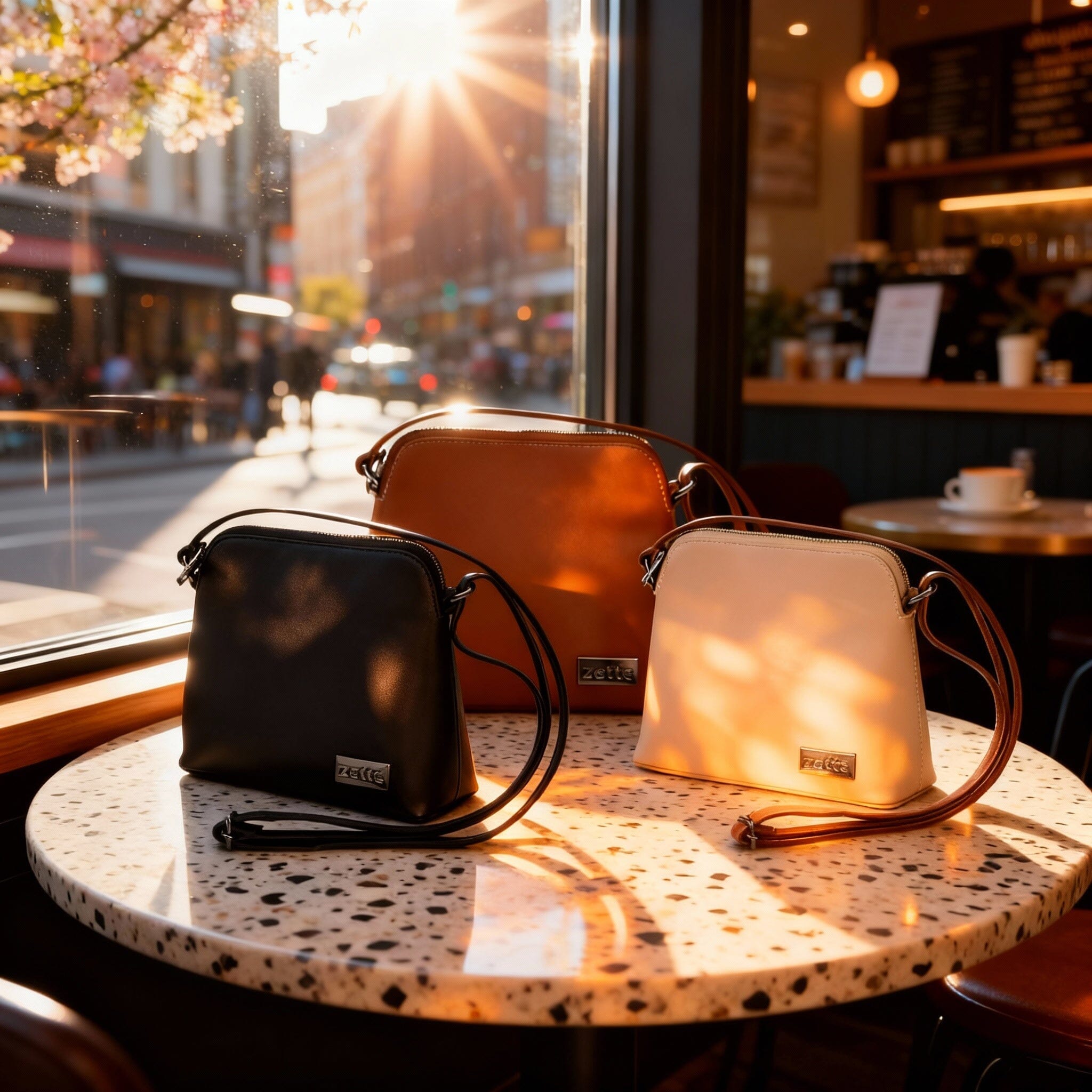


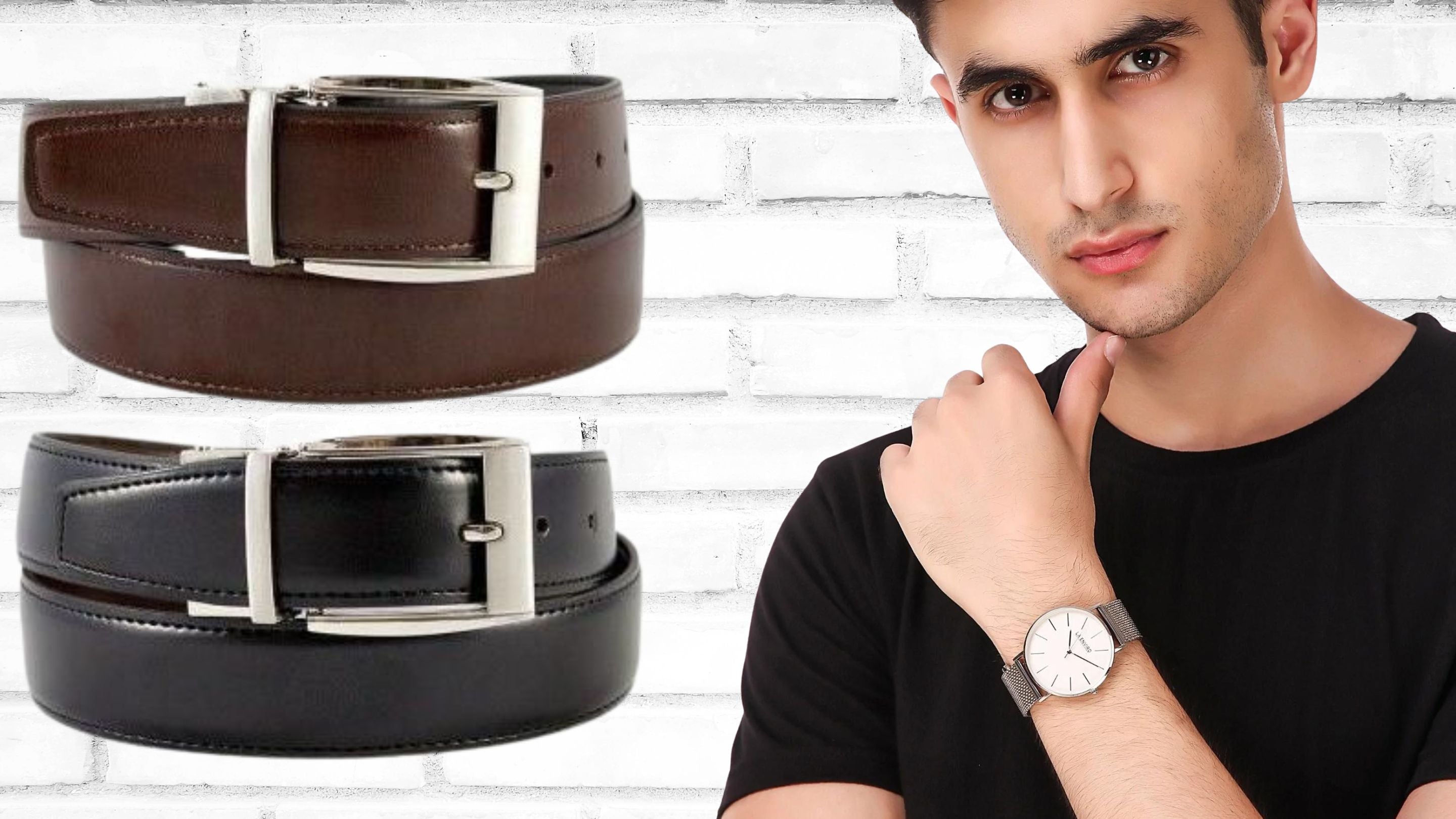
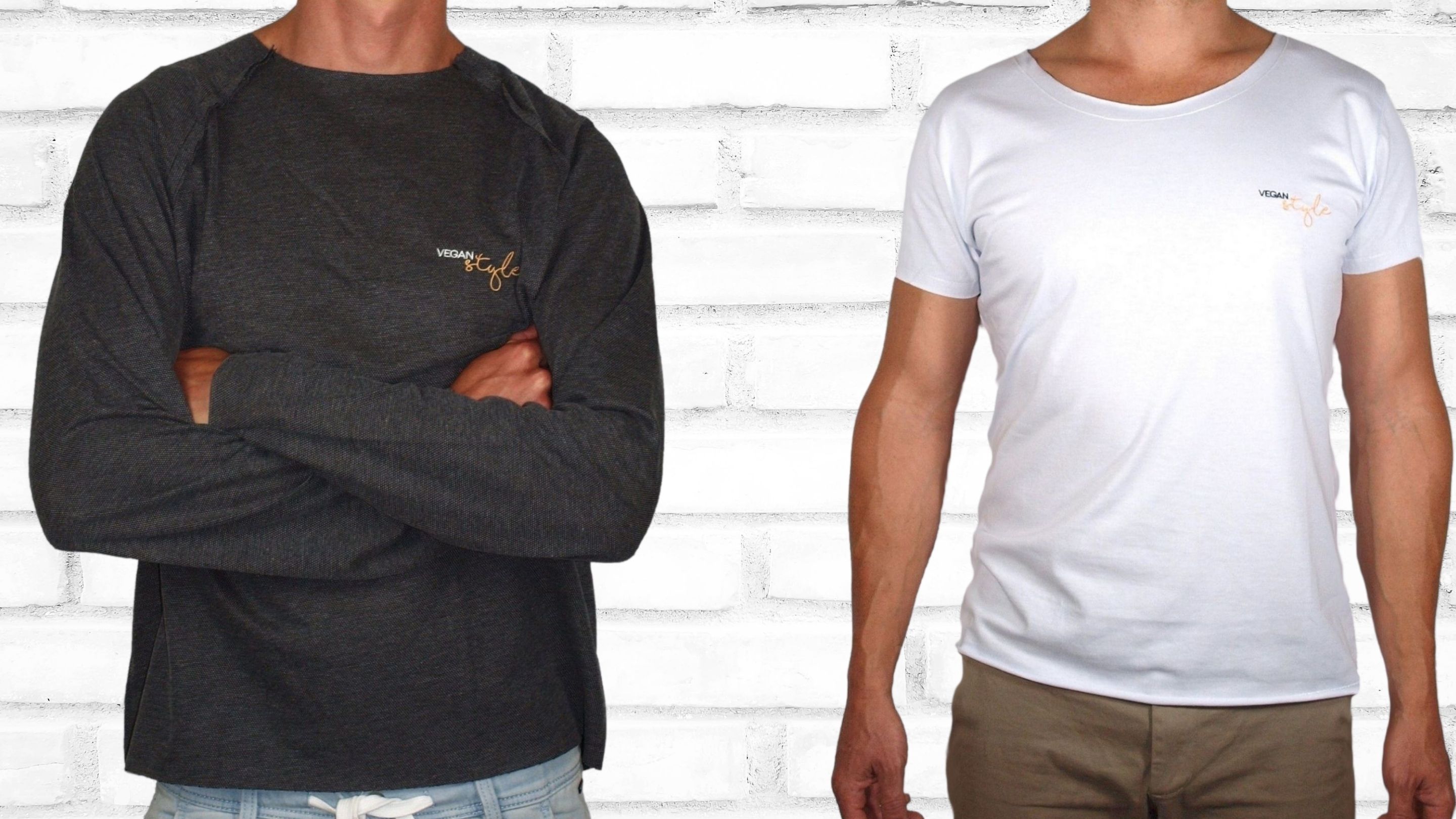

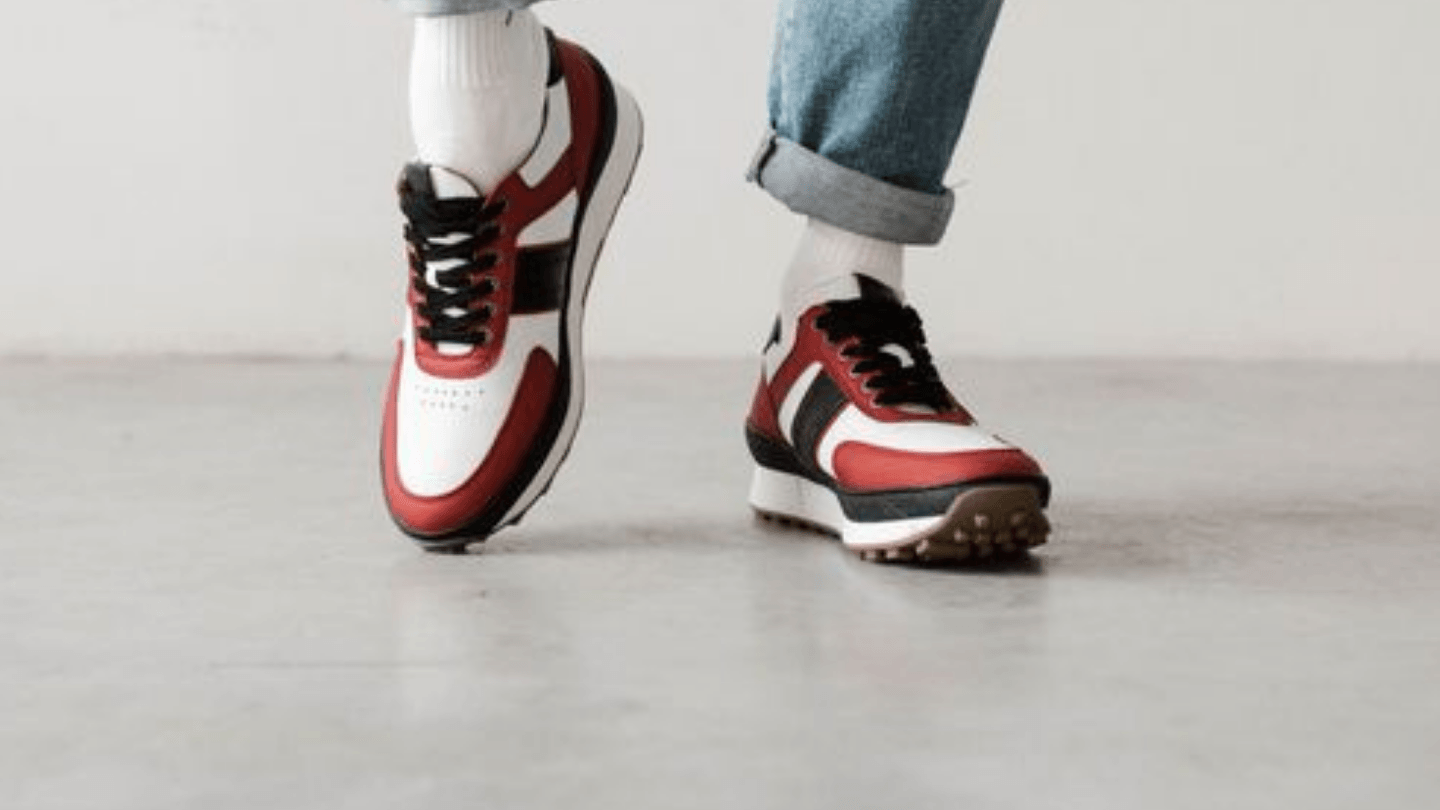
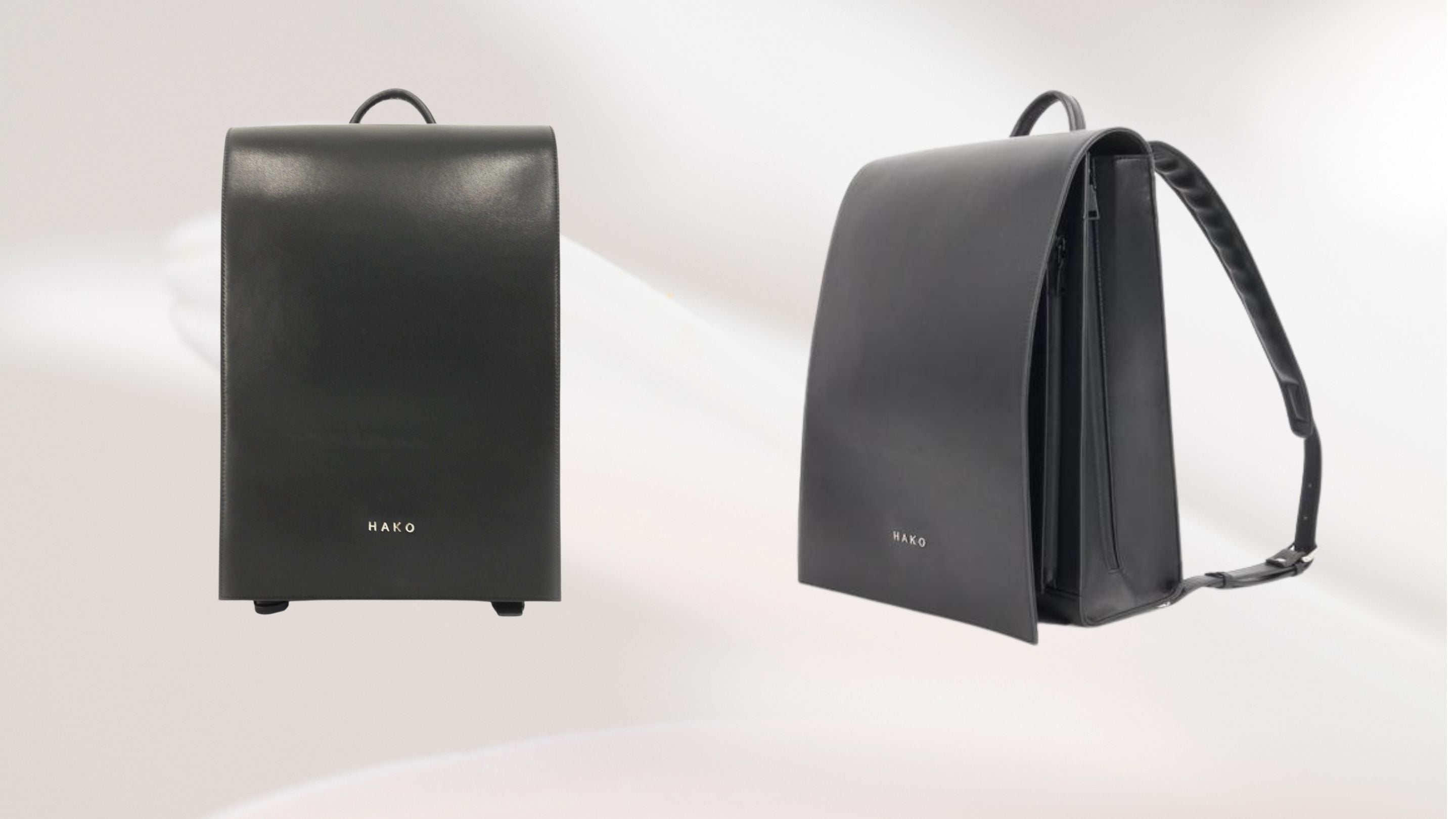
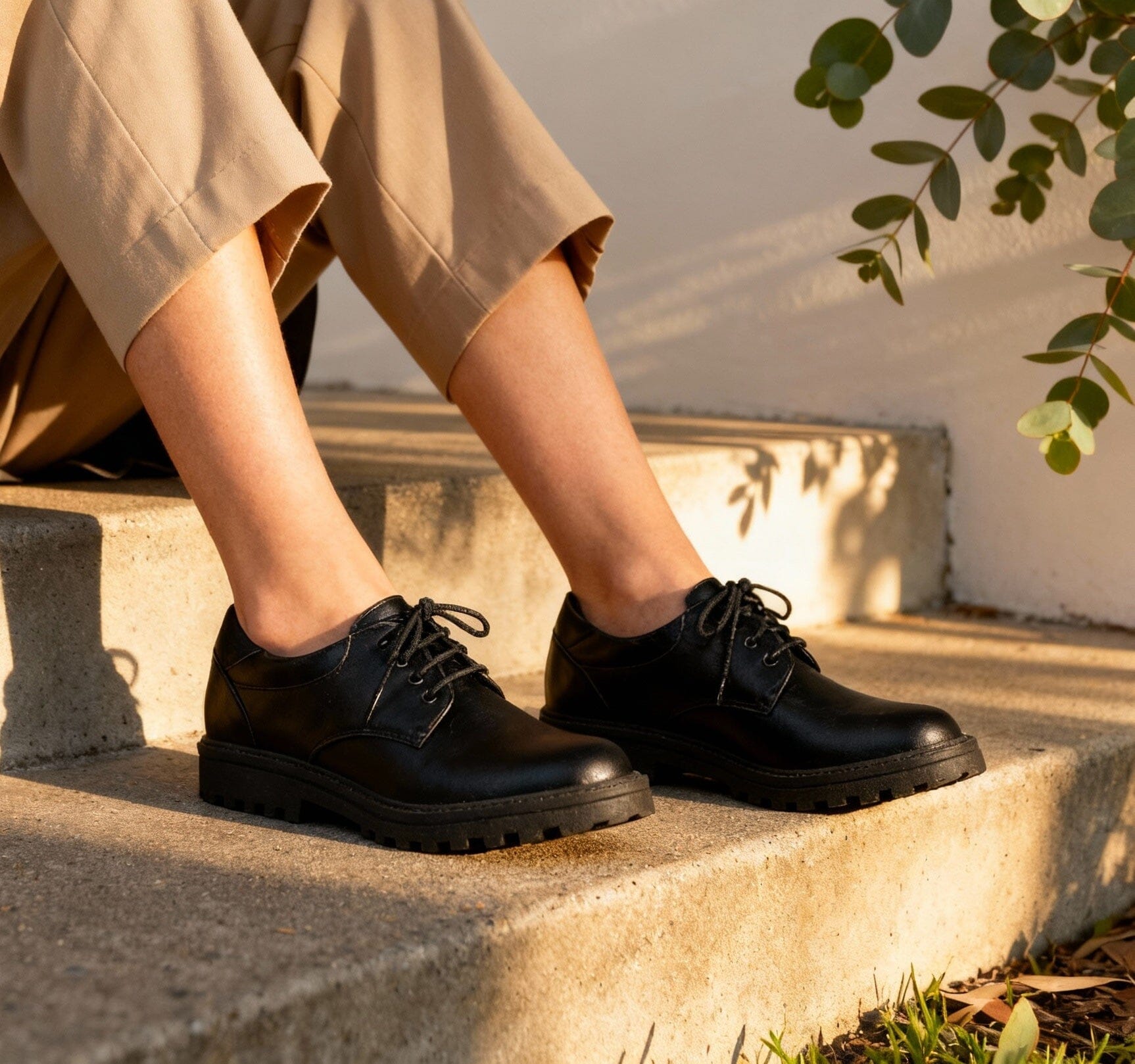




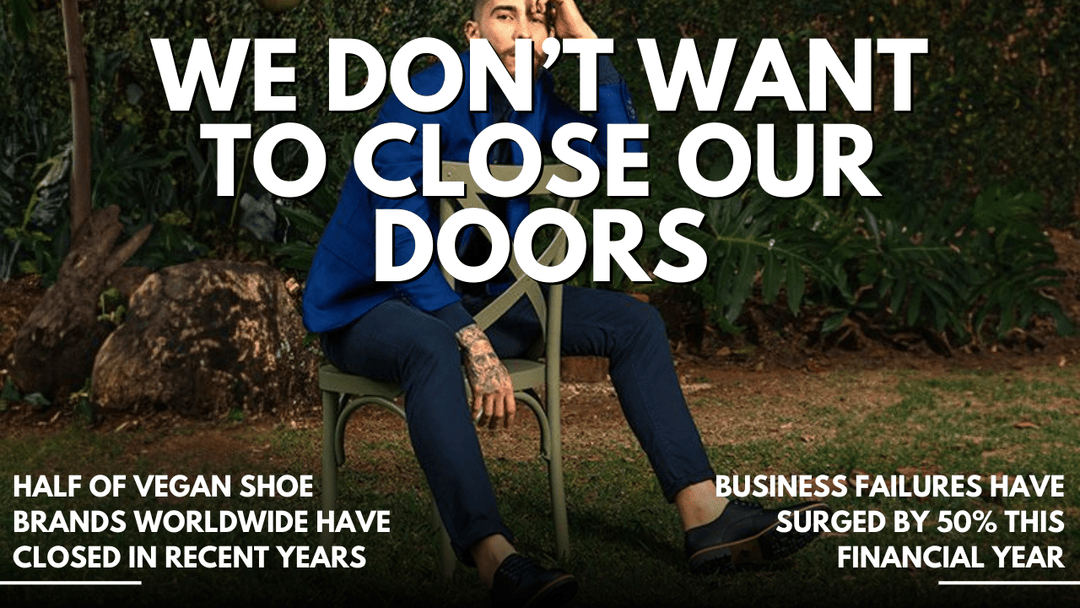

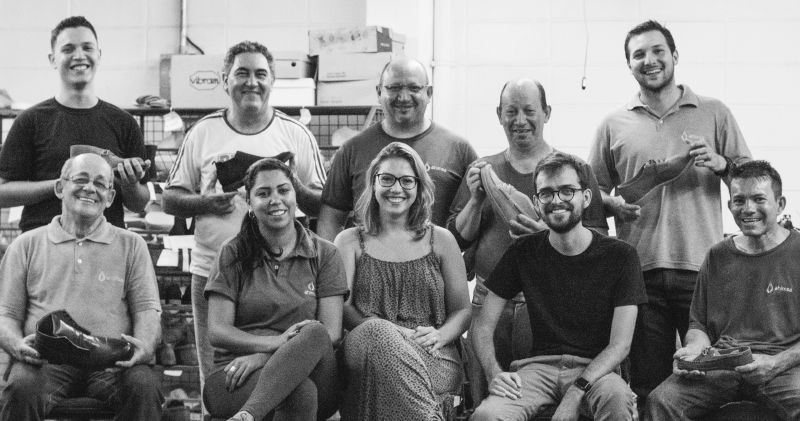

Leave a comment